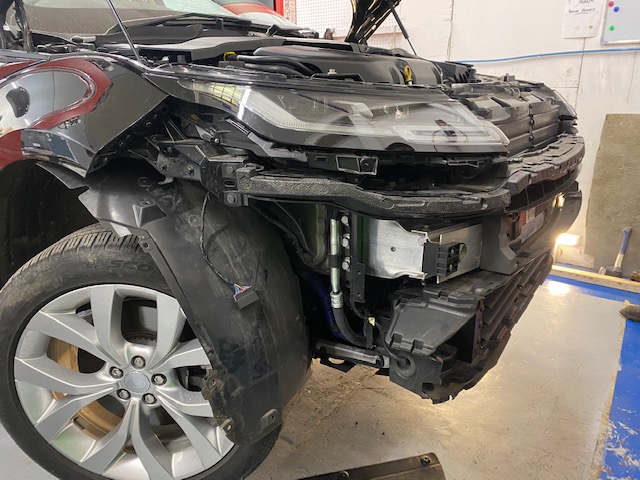When it comes to car radiators, one of the most common repair options is to recore the car radiator, and this is also an effective option to improve or update the car radiator too. This is a process that involves removing the original core of the radiator, cleaning both the radiator housing and the end tanks to remove any debris, rust, or contaminants, and installing a new core. But what are the most common reasons to recore a car radiator? And what should you consider?
So what are the most common reasons to recore a car radiator?
There are a number of reasons why recoring a car radiator may be necessary, and these include:
- Corrosion- Car radiators are vulnerable to damage like corrosion and rust due to where they are positioned. These are often situated at the front of the vehicle, and are exposed, which means they are vulnerable to rock salt when the roads have been gritted, as well as all manner of environmental factors. Over time, this can lead to corrosion forming, which weakens the structure of the radiator and causes leaks. For serious corrosion, recoring the car radiator can be the best solution. During the process, the housing and end tanks will be thoroughly cleaned, while the damaged core will be removed and replaced for a new one.
- Leaks- Leaks in a radiator can result from a wide range of factors, including corrosion, physical damage, or deterioration of seals and gaskets. If this is caused by the radiator itself, recoring can be necessary to restore the integrity of the radiator. Leaking coolant can be a significant problem if this is left unchecked, as it can lead to engine overheating, and potential breakdowns, which can put you at risk.
- Blockages- The accumulation of dirt, debris, and other contaminants can obstruct the flow of coolant through the radiator, which can impede the cooling process and lead to engine overheating. If your existing radiator has blockages, it may be important to remove the core and replace this with a new one, depending on the severity of the blockages.
- Age and wear- Like any other component of your vehicle, the engine heating and cooling system can become damaged or deteriorate over time. The car radiator is exposed to constant heat cycles and vibration, which in the long turn can cause deterioration of materials and compromise performance. Recoring allows any age-related problems to be resolved, by replacing the old core with a new one, or even an updated, improved one.
- Damage from road debris- Radiators are susceptible to damage from road debris such as rocks, gravel, or other objects kicked up by passing vehicles. Impact from such debris can cause punctures, dents, or bent fins, compromising the radiator’s effectiveness. Recoring allows for the replacement of damaged components, restoring the radiator’s ability to dissipate heat efficiently.
Here at MRS Heat Transfer we are radiator, car heater, intercooler, and air conditioning experts, and we have the skills, knowledge and expertise to resolve any air conditioning or car heater problem. Why not get in touch today to find out more?

